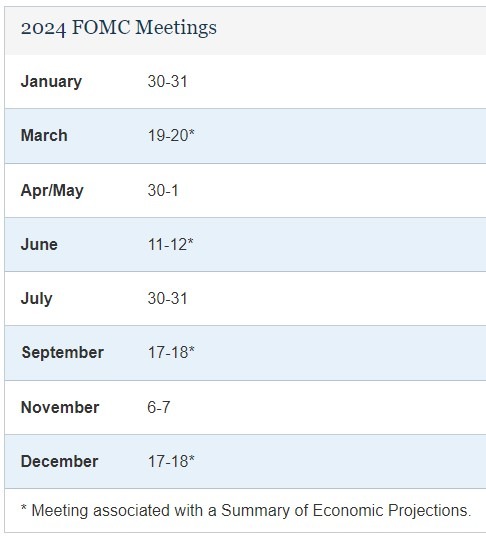The Dangers of Federal Reserve Policy: An Analysis
Former Dallas Federal Reserve President’s Concerns
Former Dallas Federal Reserve President Robert Kaplan recently discussed his concerns about the current Federal Reserve policy in a conversation with US media outlet CNBC. According to Kaplan, one of the reasons the economy is facing an inflationary problem is because the Fed remained overly accommodative for an extended period, even as the economy was showing signs of improvement.
Kaplan expressed his apprehension about the Fed making the same mistake on the opposite end of the spectrum, where it becomes too restrictive as the economy and inflation soften. He emphasized the importance of finding a balance in monetary policy to avoid both extreme scenarios.
A Closer Look at the Federal Reserve’s Actions
The Federal Reserve plays a critical role in shaping the economic landscape of the United States. Its decisions on interest rates, monetary policy, and asset purchases have far-reaching implications for businesses, consumers, and the overall health of the economy.
Over the past few years, the Fed has taken unprecedented measures to support the economy during times of crisis, such as the COVID-19 pandemic. However, as the economy recovers and inflationary pressures mount, the Fed faces the challenge of adjusting its policies to prevent overheating while still maintaining growth.
Kaplan’s concerns highlight the delicate balancing act that the Federal Reserve must perform to steer the economy in the right direction.
Impact on Individuals
For individuals, the Federal Reserve’s policy decisions can have a direct impact on their finances. Changes in interest rates can affect mortgage rates, credit card interest rates, and savings account returns. If the Fed moves too slowly or too aggressively, individuals may find themselves facing higher borrowing costs or lower returns on their savings.
Global Ramifications
Given the US economy’s interconnectedness with the global economy, the Federal Reserve’s actions can have ripple effects around the world. Changes in US interest rates can influence exchange rates, trade flows, and capital flows in international markets.
If the Federal Reserve’s policies lead to a significant shift in global economic conditions, countries worldwide may need to adjust their own policies to navigate the new environment.
Conclusion
The concerns raised by former Dallas Federal Reserve President Robert Kaplan serve as a reminder of the complexities involved in managing monetary policy. As the Fed navigates the challenges of a recovering economy and rising inflation, it must strike a delicate balance to support growth while avoiding destabilizing effects. Individuals and countries alike will be closely watching the Fed’s actions and preparing for potential repercussions in the months ahead.





